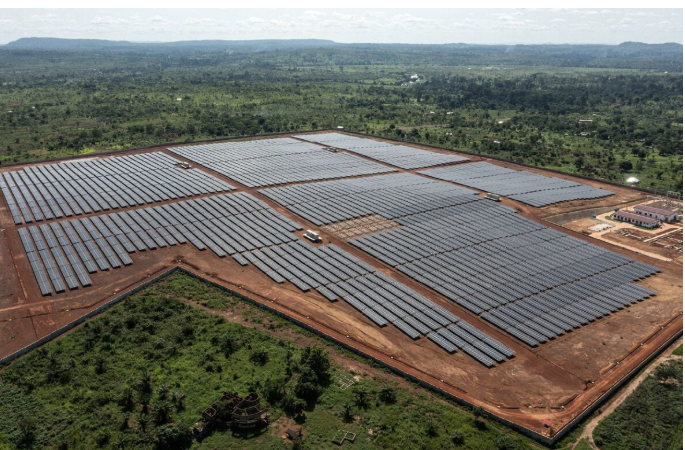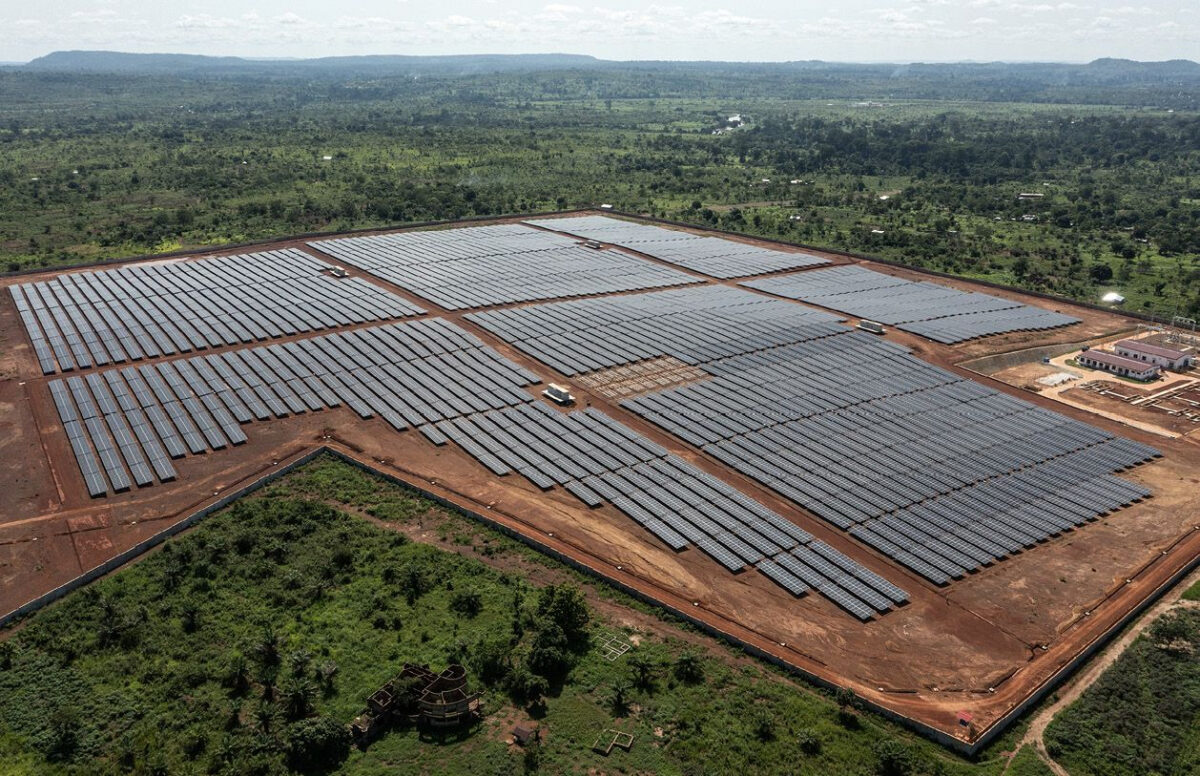 Africa’s solar energy sector is undergoing a transformative shift as nations across the continent turn to private investments to accelerate renewable energy adoption. While donor funding from international organizations and foreign governments has long played a key role in driving solar projects, African leaders and stakeholders are increasingly courting private financiers to meet the growing energy demands of a rapidly urbanizing population.
Africa’s solar energy sector is undergoing a transformative shift as nations across the continent turn to private investments to accelerate renewable energy adoption. While donor funding from international organizations and foreign governments has long played a key role in driving solar projects, African leaders and stakeholders are increasingly courting private financiers to meet the growing energy demands of a rapidly urbanizing population.
With over 600 million people in sub-Saharan Africa lacking access to electricity, renewable energy solutions like solar are viewed as essential to bridging the energy gap. Countries such as Kenya, Nigeria, and South Africa are emerging as hubs for solar innovation, leveraging public-private partnerships to fund large-scale solar farms and decentralized energy systems for rural areas.
The shift comes as donor nations face economic pressures that limit their ability to finance global energy projects. African governments are addressing this challenge by creating more favorable investment climates through policy reforms, tax incentives, and streamlined regulatory frameworks. For example, Nigeria’s Renewable Energy Master Plan aims to attract foreign direct investment by guaranteeing favorable returns and minimizing bureaucratic hurdles for solar investors.
Private companies and venture capitalists have begun to take notice. Major players, including local firms and international giants, are investing in solar manufacturing, distribution, and installation. Off-grid solar solutions are particularly attractive to private investors due to their scalability and ability to deliver quick returns. Startups offering pay-as-you-go solar home systems are gaining traction, especially in East and West Africa, where affordability is a key concern.
However, challenges remain. Investment risks, including political instability, inconsistent regulations, and limited access to financing, continue to deter some potential backers. Experts argue that governments must prioritize creating a stable and predictable business environment to sustain private sector confidence.
The move to diversify funding sources marks a significant step toward achieving energy independence for African nations. By tapping into the private sector’s resources and expertise, the continent’s solar energy industry is poised to grow into a global leader, contributing to sustainable development and combating climate change on a large scale.


